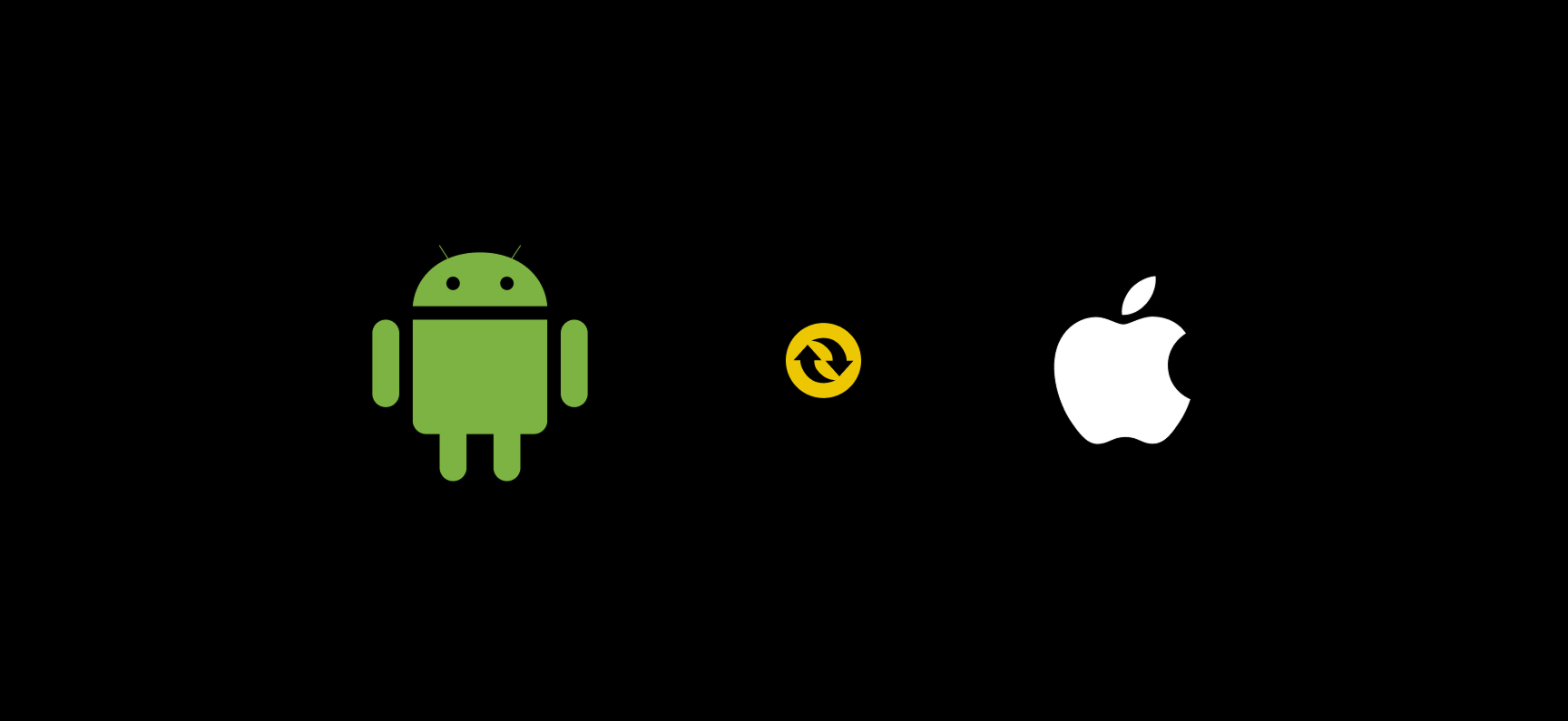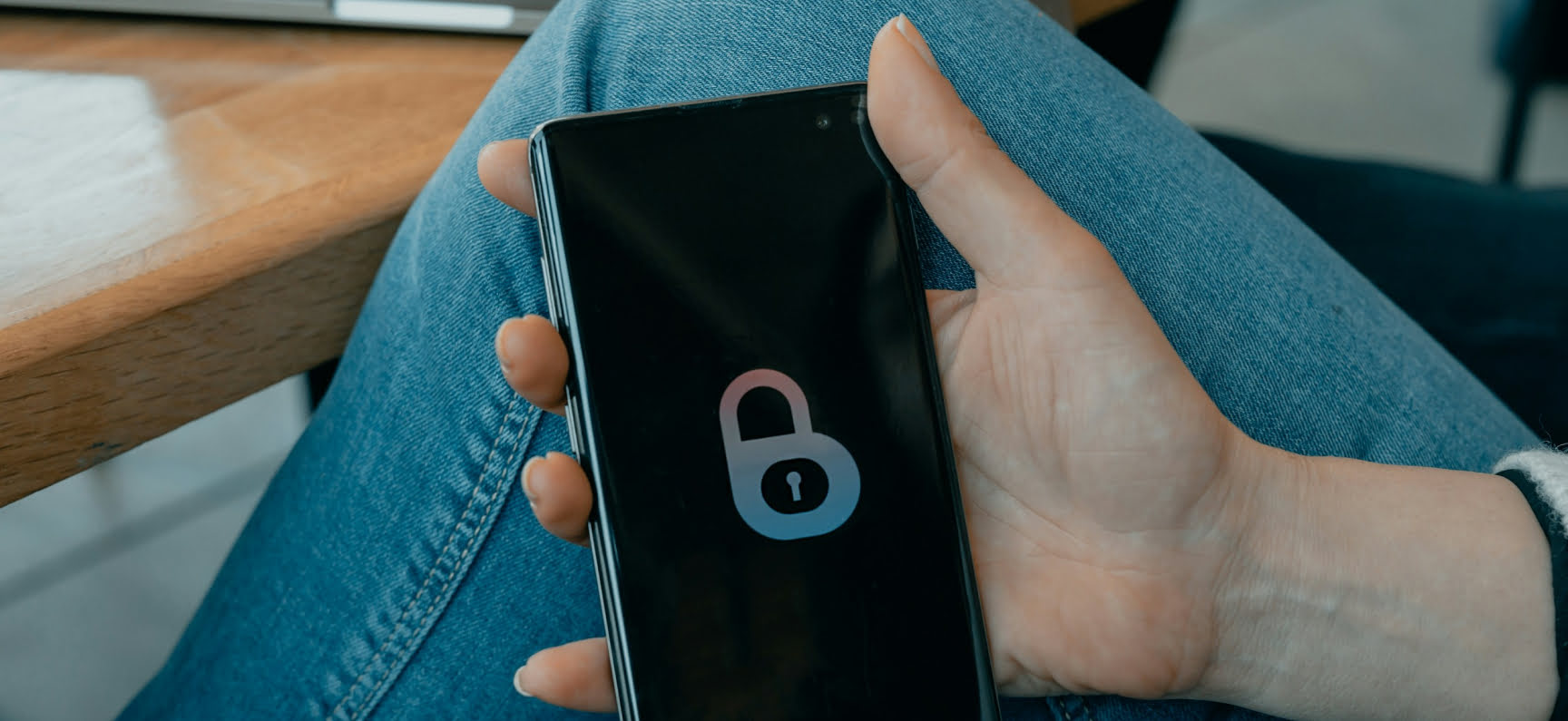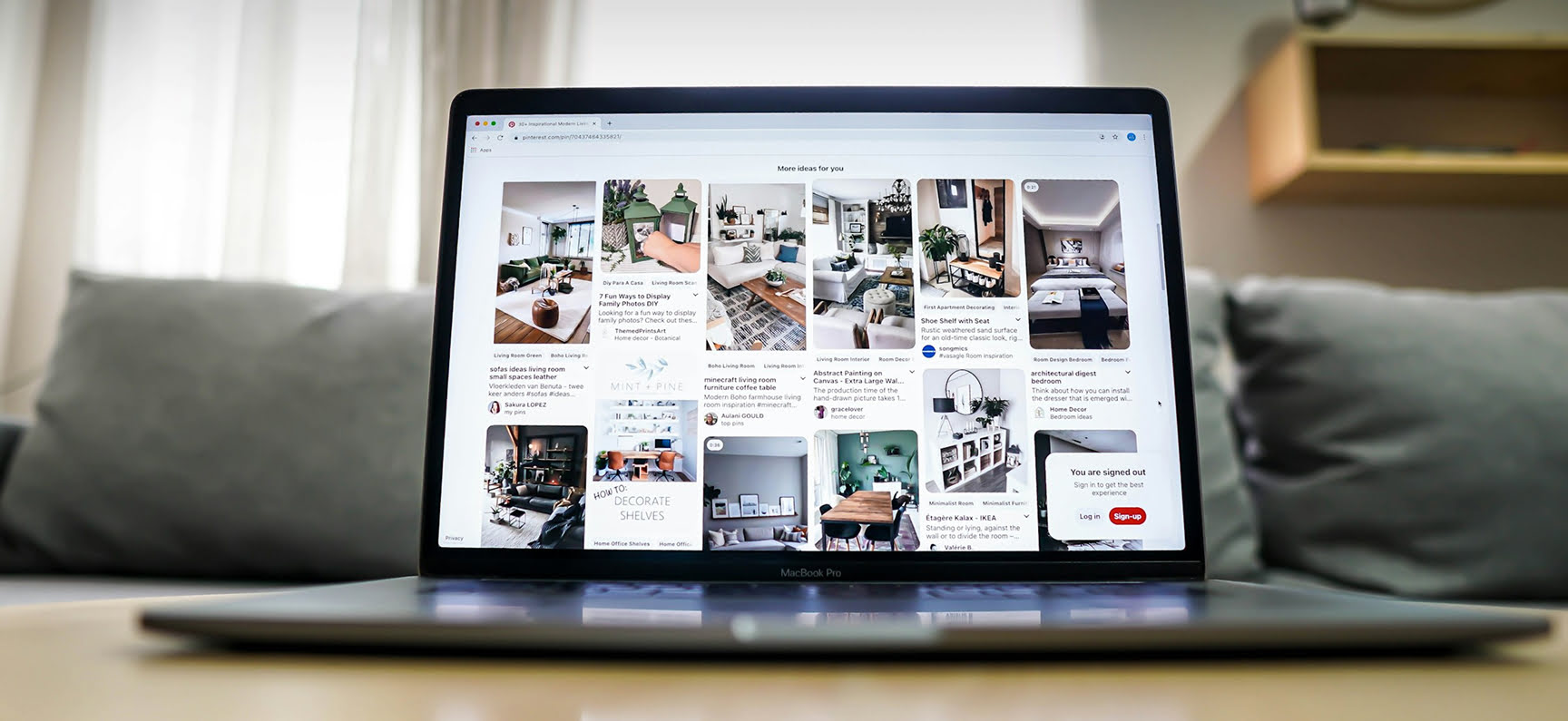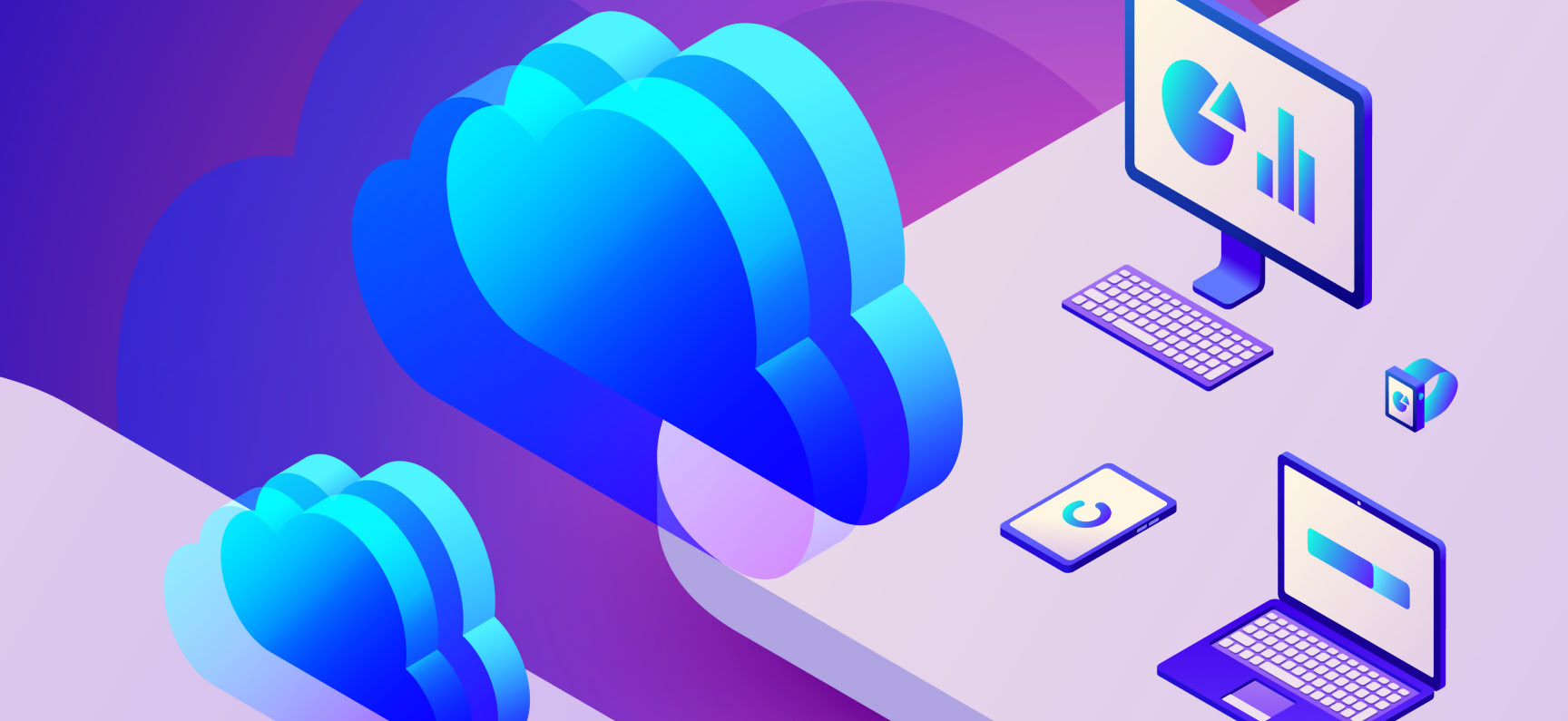When developing a mobile application you always consider your target audience. And, one of the things that matter, is which platform they are using. If you are only opting for Android or iOS users then you can concentrate purely on one platform. However, if you are looking to cover bigger audience, it's reasonable to create applications for both. In this article, we will see how to port an Android app to iOS. We will also point out the advantages and disadvantages of such a solution.
WHAT IS PORTING AND HOW DOES IT WORK?
App porting is a process of changing the application code for it to work with other platforms. The reason why you could consider doing that is that the platforms have different requirements and architecture. That is why porting Android to iOS is required. Before converting an application, you need to pay attention to a few things:
- Architecture differences between the platforms. Any peculiarities of the other platform need to be taken into the account.
- Frameworks available for development. You might even need to change the coding language of the application in the process. Most of the iOS apps are created with Swift while Android generally uses Java or Kotlin.
- Design and user interface. Certain features available on Android might not be present on iOS, or at least, might look pretty different. All these differences impact Android to iOS porting.
- The business logic behind the application. Ideally, the business logic should be the same for both applications. But, due to the platform differences, you might need to make some adjustments.
In general, you should note that there is no magical pill for this kind of transition. To this moment, there is no software capable of making a transition for you.
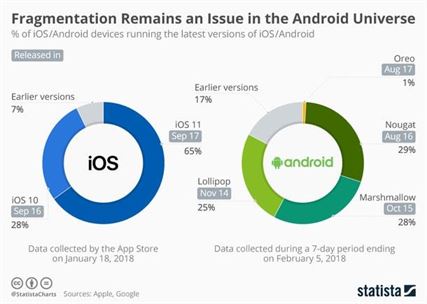
WHAT DO YOU NEED TO KNOW TO CONVERT ANDROID APP TO IOS?
The conversion is not always a simple process and it requires time, effort, and probably some budget. To start the process, you may proceed with the next steps.
- Make a list of features you need in your application. If you have one from when you were building an Android one, it can help you. But make sure to only take general concepts. You will get into a more specific planning at later stages.
- Define your budget. On average, the prices can vary from $2, 000 to $20, 000, depending on the size and complexity of your app and the team you choose for the development process.
- Find a team who are capable of porting an app from Android to iOS. This might not be particularly easy to do, as the team you are looking for should be able to deal with both: code for Android and for iOS.
- You should be prepared, that it will not be an extremely fast process. The transfer can take from few months up to a few years. The length will mainly depend on how big the application is and how skilled the team is.
Your development team has to include at least one developer and one UX designer. Although, it's highly advisable to also have a professional QA on the team.
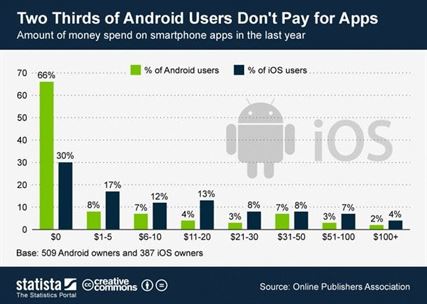
A FEW TIPS TO SUCCESSFULLY CONVERT AN APP FROM ANDROID TO IOS
We already mentioned some things you might find useful for your preparations for creating an iOS application. The below points are more related to the development process itself and what you should be aware off, to convert your app.
- Separate business logic from the code. If you already have existing business logic for an app, there is no need to create a new one. The existing one will help you shape the future application. Besides, if you have a logic ready, you're saving time and effort in explaining things to the team. To do the actual division, you will need to distinguish the common parts between the platforms and the ones that are unique for them. Then you will have a better picture of what your team will need to work on.
- We want to stress again that the team you are working with should be capable to understand and work with both languages. Otherwise, the proper transfer process is simply impossible.
- When converting the Android app to iOS, you might consider differences between devices. This goes for technical side as well as for the design one. For example, operating systems used on your target audience devices might be different. And, while most of the iOS users have upgraded their mobile devices to the latest version, there are still those who use an older one. So, you need to ensure the application is available on both of them.
- Screen sizes are another thing to think about. iOS has a limited number of variations but it's still some difference. So resolution should be good enough to support every possible option. However, the main difference between platforms lies in the design. Starting from the navigation panels and ending up with fonts and icons, those are the things you need to take care of to port Android to iOS.
For example, the main navigation on mobile devices is critically different. Apple products only have one button and Android devices use three buttons for navigation. This makes it much harder to convert the code.
- Testing is an essential part of any development process. After you port Android to iPhone app, you will need to make sure that everything works properly. For this reason, it might a good idea to perform customer testing as well as developer one. This way you will get a perspective from different sides.
ADVANTAGES AND DISADVANTAGES OF THE CONVERSION
The porting is definitely a complex process which takes time and effort. And as everything else, it has its perks and pitfalls.
Advantages:
- You get a bigger coverage of the public. The iOS products are definitely a big share of the mobile market. And by having only one application, you are stripping yourself off the opportunity to have more customers.
- Expand your market presence. Some of the regions are particularly dedicated to certain brands. So, by creating an application for another platform, you are also opening the access to other markets.
- You increase your business income. This one is quite obvious but still worth mentioning. By getting more customers, you, of course, will benefit your business financially. Though it's not only about the numbers. iOS users are more willing to spend some money so the rates might be different.
Disadvantages:
- It's time-consuming. It's not a piece of cake for an owner of an Android app to convert it to an iOS app. It takes a lot of time and finances to go through the process.
- It's not easy to find Android developers to perform the process. Most of the coders only concentrate on one language, thus, you might either need two developers to help each other or go for a search of the one who can perform the whole task.
Conclusion
There are quite a few things that are different from Android to iOS converting process. And they can become a bottleneck in the process. However, there is nothing impossible and if you plan and execute the process right, the result might exceed your expectations. The good planning and a skillful team are always the main keys to success.
Similar articles
View allyour business
together
- PROJECT INQUIRIES info@artjoker.net
- CALL US +1 213 423 05 84
contact us:
